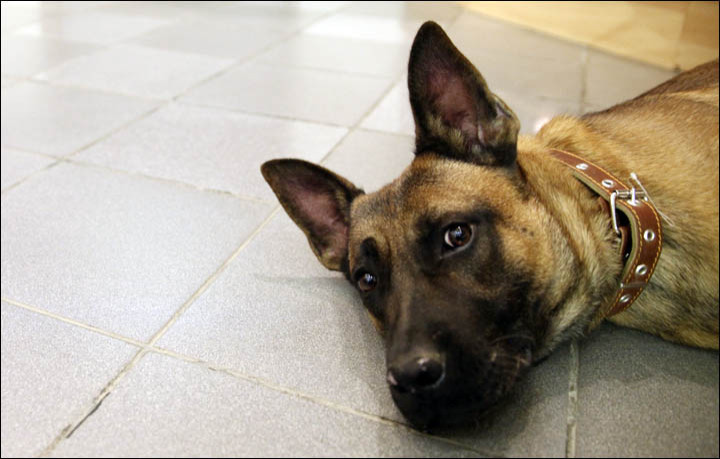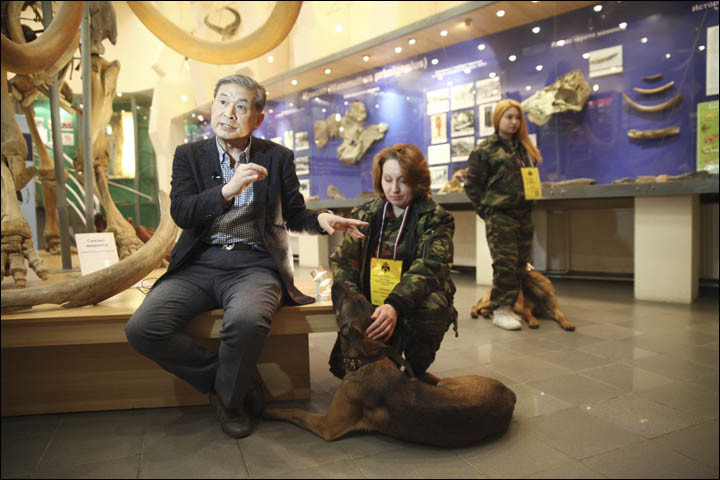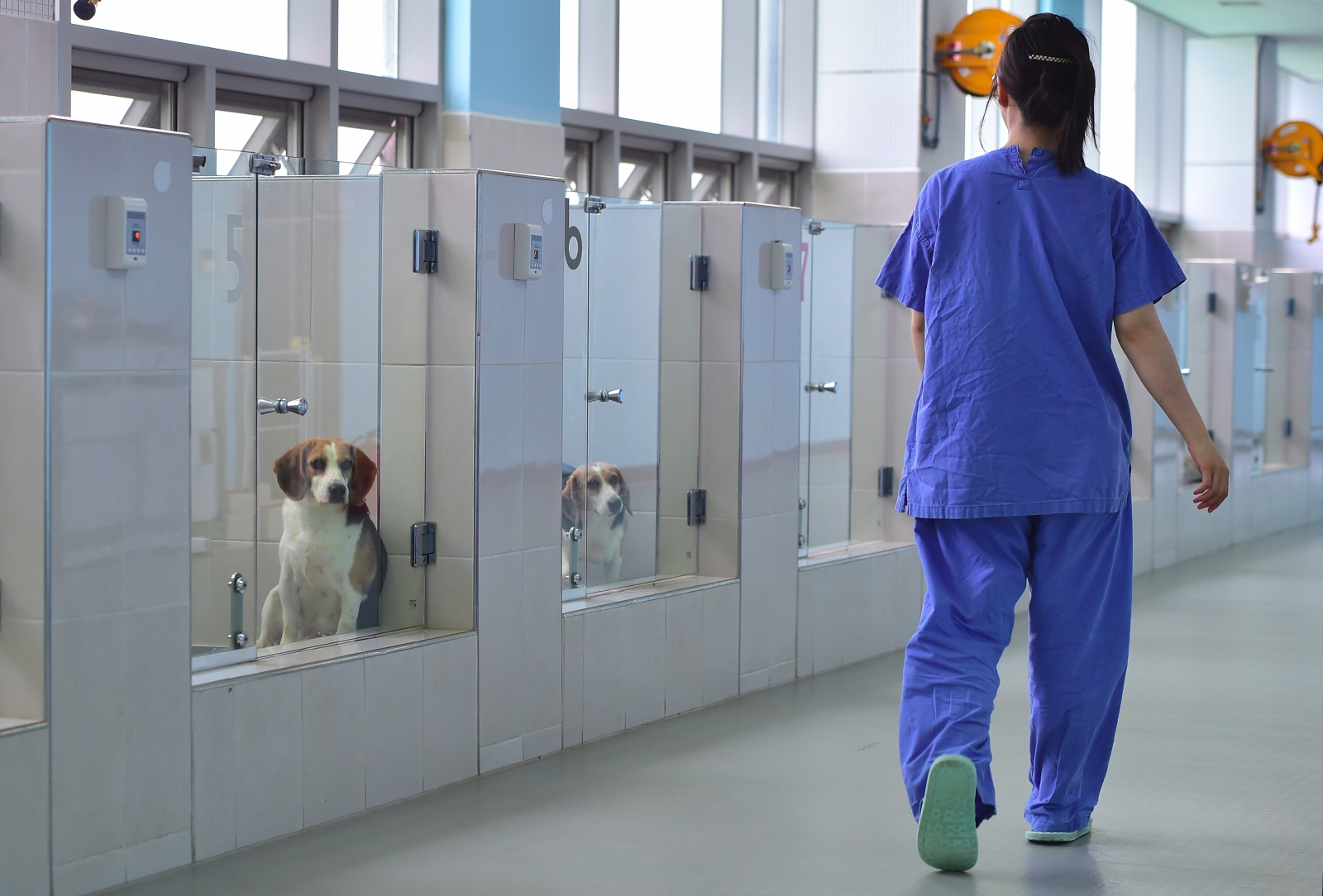Clones of South Korea's best sniffer dog fail to impress Russian police – they can't follow orders and hate the cold
Dogs were gifted to police in Yakutia by cloning expert Hwang Woo Suk, who wants to bring back the woolly mammoth.
Canines cloned from South Korea's 'most revered sniffer dogs' have proved a massive let down to police in Russia, being unable to follow orders and struggling to cope with the extreme cold. The dogs were given to police in Yakutia by Hwang Woo Suk, a cloning scientist who is currently working to bring the woolly mammoth back to life.
The Belgian Malinois were created at the laboratories of Sooam Biotech – the world's first animal cloning centre. Hwang selected superior species suitable for police work to create "the best police dogs ever", the company said.
Normally, each cloned dog costs $100,000 – but the three dogs were given to authorities in Yakutia as a gift. Yakutia is home to some of the world's best preserved mammoth biological material. The North-Eastern Federal University and Sooam Biotech have worked together for years, so maintaining close ties will help Hwang further his goal of cloning a mammoth.
The dogs were presented at a ceremony last November, which was then followed by a lecture on cloning by Hwang. At the time, Mammoth Museum director Semyon Grigoryev said their advanced abilities meant two of the dogs would likely be used as explosive and drugs sniffers in the Russian police. The third would be used to search for archaeological remains.
"These dogs are very young, in Korea they went through a basic training, so handlers here will decide what best to choose for them depending on their abilities and talents,' he said. "The military-historical society works in cooperation with Russian police and special services, and provides dogs to their orders. I know that the society's trainers are usually most keen on explosive sniffers, so I would guess this is the field where the cloned dogs will be used."

The dogs had been trained in Korean, so had to be retrained to understand orders in Russian. Experts had said they should be able to pick up the language quickly, but this turned out not to be the case.
According to the Siberian Times, the dogs have failed many of the simple skills tests all Russian police dogs are expected to pass. Furthermore, they have not been able to adapt to the cold.
Aleksey Kolmogorov, from the canine service department in the Ministry of Internal Affairs, said: "One of them failed to perform any task. Immediately, it lay down because of the cold. The second dog was slightly better, but completed only 50% of tasks. They are not adapted to our harsh conditions, they are smooth coated, cannot withstand frost."

Ministry spokesperson Maria Mironova added: "The cloned dog did not pass the control test of our canine service." It is not clear what will happen to the dogs if they fail to pass the test a second time.
It is estimated that around 500 cloned animals are produced at Hwang's laboratory every day. The team extracts the nucleus of skin cells from an animal and inserts them into an egg where the nucleus has been removed – a technique called somatic cell nuclear transfer. A surrogate mother is artificially inseminated, and the clone is eventually born.
At present, the company provides private services cloning people's pets, but it is also looking at cloning endangered animals in the hope of saving the species – and bringing extinct animals back from the dead.
Inside Sooam Biotech Research Foundation - the world's first animal cloning factory






© Copyright IBTimes 2024. All rights reserved.























